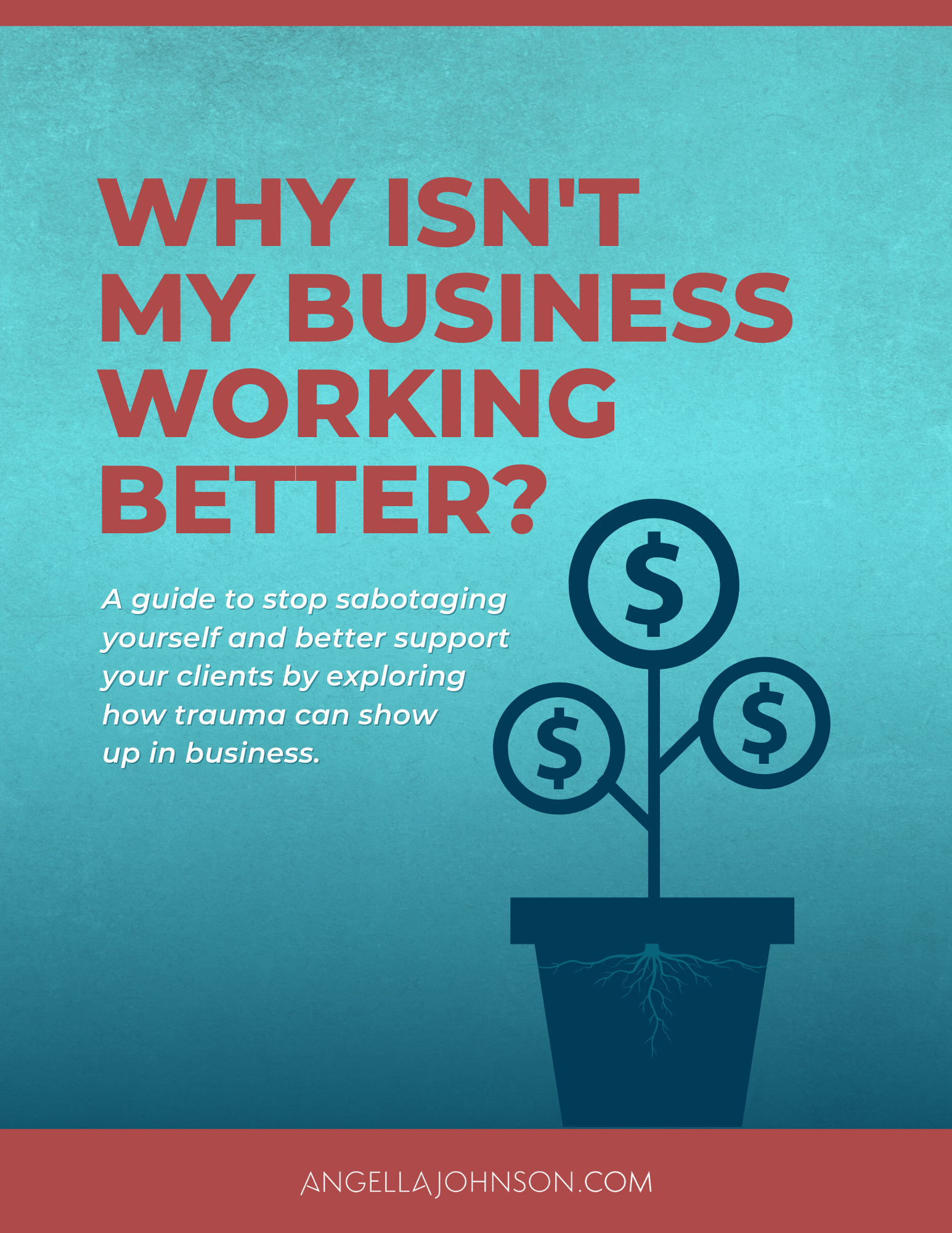Apology Not Accepted
Do you ever find yourself saying any of these phrases?
• “I’m sorry, but I think…”
• “I’m sorry you have to do this, but…”
• “I’m sorry to bother you with…”
• “I’m sorry, this might not be exactly what you wanted…”
It’s a fact that women apologize more frequently than men. Many times we do it just to be polite. But is it diminishing our credibility? Our power? Yes.
A talented member of my team constantly apologizes, even for situations she has no knowledge about and no control over. Another young woman, who had a different opinion from the rest of our group, began her sentence during a meeting with, “I’m sorry, but I think we could do it this way.” Just like that, she gave her power away. She weakened her point with that little word.
While “I’m sorry” CAN be very meaningful, and it should be set aside for the moments when you want to correct a situation—something you did that hurt someone’s feelings or a mistake you made—overusing the word has a diminishing effect. What happens when you really are sorry for something? Will the person on the receiving end know you mean it?
Overusing apologies makes them lose their meaning. Limit the s-word in your vocabulary. Start using strong phrases. If you bump into someone, say, “Excuse me.” Know that it’s OK to have a different opinion and express it. Don’t apologize for the things you like or don’t. And most of all, don’t use “sorry” as your linguistic crutch. You can overcome this self-effacing mechanism by being conscious of it.
 Kaira Rouda is the bestselling author of Real You Incorporated: 8 Essentials for Women Entrepreneurs, president of Real Living and founder of Real You. For more business advice, sign up for her tip of the week, delivered to your inbox each Friday! To learn more, visit www.KairaRouda.com, follow her on Twitter, and connect with her on Facebook!
Kaira Rouda is the bestselling author of Real You Incorporated: 8 Essentials for Women Entrepreneurs, president of Real Living and founder of Real You. For more business advice, sign up for her tip of the week, delivered to your inbox each Friday! To learn more, visit www.KairaRouda.com, follow her on Twitter, and connect with her on Facebook!

